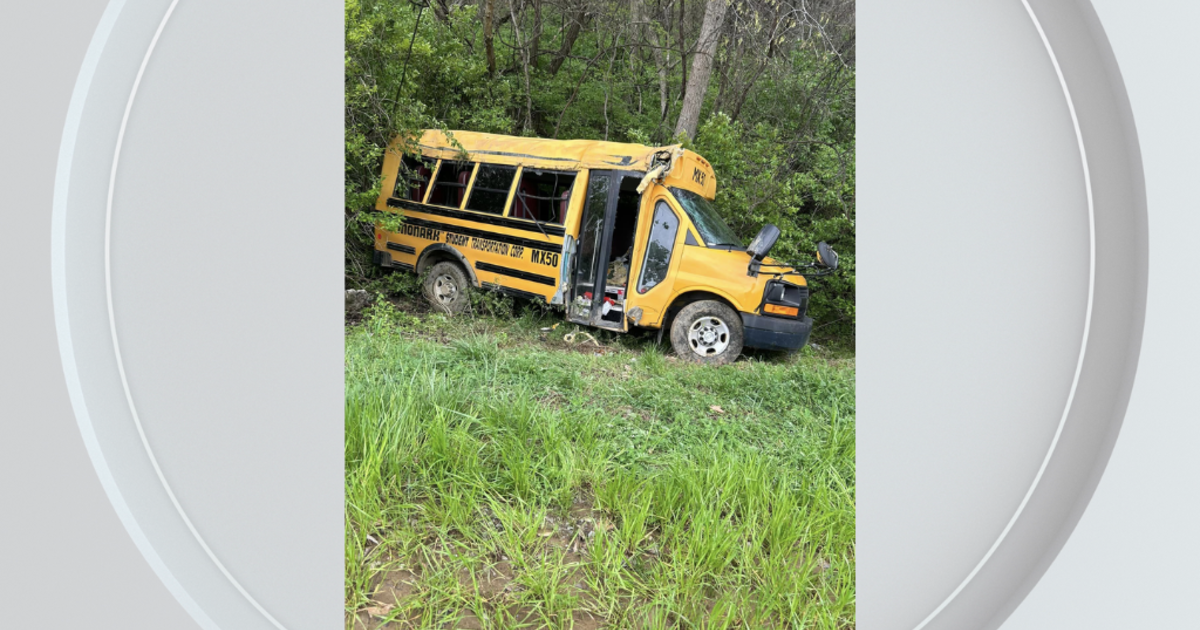Parenting Tips From Project Ignition Teens On Teen Driver Safety

Back in June, we covered the Project Ignition top 10 teen driver safety campaigns. Now we’ve got an important message to parents from teens of Project Ignition on the important issue of teen driver safety.
It’s a little different than the usual parenting tips, in that they come from the teens themselves. But this goes to show that communication really does make a difference. And it isn’t just parents that have all the answers. Sometimes, they can take a few pointers from their own children.
Support and involvement
According to the Children’s Hospital of Philadelphia, teen drivers whose parents are highly supportive and involved, set rules and monitor driving behavior have half the crash risk as parents who are less involved.
The students and educators involved with Project Ignition have partnered to positively impact teen driving behavior in communities across the U.S. and Canada for the past seven years through service learning.
One effective strategy they have found is to educate parents about the important role they can and do play in teen driver safety. Here are some of the tips they often share.
Accompanying the list of parenting tips from teens are comments from two Project Ignition spokespeople at Rushville Consolidated High School in Rushville, Indiana, a Project Ignition national leader school.
Taylor Mock is a student leader and daughter, one of thousands of students across America and Canada effectively leading her peers, the community and the state legislature in fighting to change norms around distracted driving and other risky teen driving behaviors. Taylor, who recently graduated high school, is Indiana’s 2011 SADD Student of the Year.
Faith Mock is an educator of 32 years, Project Ignition advisor at Rushville Consolidated High School and mom to Taylor.
Open the lines of communication. It’s important to talk with your teen about distracted driving. Make sure you both understand what things are dangerous distractions. Listen to your teen. Ask about what it is like being in the car with other teens and what distractions there are to handle.
- Faith Mock: “We regularly sit at the dinner table and talk about distracted driving. I listen and really try to understand Taylor’s experiences. I know where she is going, which friends she’ll be with, and what time she should be expected home. And I am always her biggest cheerleader when we need to problem-solve together.”
- Taylor Mock: “I know my mom is on my side, so it is much easier to talk about important issues like driving safety.”
Offer support. Encourage your teen to use his or her voice. Role-play with your teen so that he can become comfortable saying things like, “We both want to live, so let me answer your phone or text while you drive.” Help your teen get involved with programs at school like Project Ignition so that she can be a positive example and make an impact.”
- Faith Mock: “As mothers, our role should be to help our children feel comfortable enough and strong enough to use their own voices, whether it be in their community, with their legislators or, most importantly, with their peers. We need to make it easy and cool for our children to say, ‘I want to live. You want to live. We don’t want to hurt anybody else. And therefore, you need to put the phone away. Let me answer the phone, let me take care of the text.’ That takes practice and support at home.”
- Taylor Mock: “When teenagers ride with friends and their friends are texting, they can say, ‘Hey, will you please shut that off or will you please hand me your phone and I can answer the call for you or answer the text for you?’ Teens are the new generation with a strong voice. The more we continue to speak out about this issue, the more people, younger and older, will listen. We do have an impact on all ages.”
Set rules. It’s important to set family ground rules for texting and calling while driving. Your teen needs to know you have high expectations as well as what the consequences will be if the rules aren’t followed. Know where your teen is going, who he will be with, and what time he is expected home.
- Faith Mock: “I have set strict and clear rules for Taylor while simultaneously offering the logic behind those rules. She knows, for example, that if she were to be pulled over for speeding or distracted driving, she would lose her driving privileges until she could earn back my trust. And our expectations around communication have changed. Before becoming more knowledgeable about the dangers related to distracted driving, when I called Taylor I expected her to answer the phone. Now if I call, and she doesn’t answer, I know she is driving. I also know she will call me as soon as she arrives at her destination. And the reverse is true when she is trying to reach me. We’ve mutually set high expectations for each other.”
- Taylor Mock: “I know that the driving rules are very clear and they are very strict. I know that if I ever got a ticket for speeding or texting, my mother would take away my license my driving privileges for a really long time until I could earn her trust back. The driving rules are clear and strict and I obey them.”
Be a positive example. Model the behavior you want your teen to exhibit. If the phone rings while you’re driving, don’t answer it. Encourage your teen to answer your phone or text, allowing you to drive more safely. Speak up about distracted driving to your friends and peers in front of your teen driver. Help set an example, spread the word and save lives.
- Faith Mock: “If my phone rings when we are in the car, I ask Taylor to answer it. I don’t even consider driving distracted because I am her primary example. I also set an example by intentionally having her witness me speaking up about this issue to family and friends. I want Taylor to see how painless and rewarding using her voice to stand up for what she believes in can be.”
- Taylor Mock: “Teenagers can play a big part in this issue by not driving distracted themselves and setting an example for the friends who ride with them. A lot of teens I know are stepping up and saying, ‘No!’ and I know that a lot of younger children are telling their parents not to drive distracted either.”
Representing the voice of teens and parents involved in Project Ignition, Faith and Taylor have two more comments that illustrate how important the parent-teen relationship can be with respect to teen driving safety.
Faith says that she has only come to the realization how important safe driving is and how dangerous distracted driving is through Project Ignition. “When teens are telling teens to put away the phone and keep their eyes focused on the road, and parents are supporting that message, change will happen. And, as a long-time educator, I really believe that teens should and do have a voice in this national issue.”
As for Taylor, she’s very clear on what her behavior is expected to be behind the wheel. “I know exactly what the driving rules are in my house and what would happen if I didn’t follow them, so I always follow them. Parents need to know that opening the lines of communication, setting rules, being supportive and being a positive example really does change their teen’s perspective on driving safely.”
About Project Ignition
Car crashes continue to be the number one cause of death for adolescents. Through their participation in a high school service-learning program called Project Ignition, thousands of young people have taken up the challenge and are playing a role in the solution by engaging their peers and parents in activities that reduce risky driving behaviors.
Project Ignition, coordinated by the National Youth Leadership Council and funded by State Farm, makes grants available to public high schools in the U.S. and Canada. The program provides young people with the tools and opportunity to take the lead in addressing teen driver safety issues in their communities by linking public service to academic curriculum.
- Twenty-five schools will be chosen to receive $2,000 grants to support implementation of teen driver safety awareness and engagement campaigns in spring 2012.
- Ten of these 25 schools will receive $5,000 to sponsor their participation in a national conference or event. They will also have the chance to receive an addition $2,500 to go even deeper with their campaigns during the 2012-2013 school year.
- Additional information and the grant application are available at www.sfprojectignition.com. Applications are due by November 15, 2011.
This story originally appeared at Family Car Guide.



